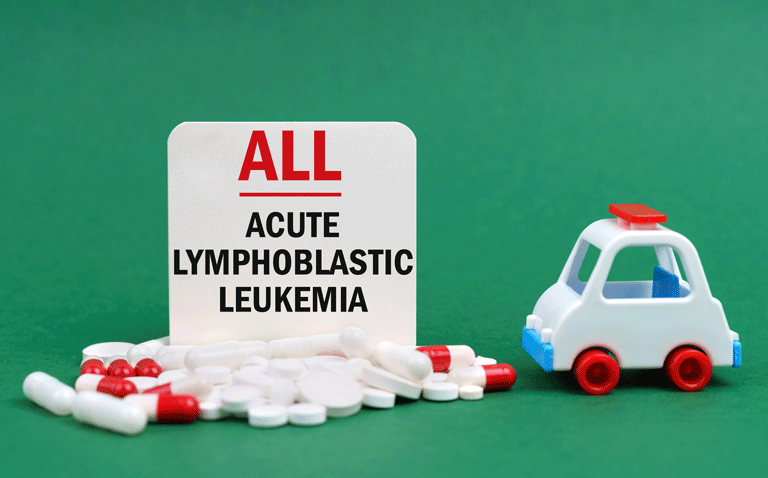Tisagenlecleucel in paediatric and young adults with relapsed/refractory acute lymphoblastic leukaemia retains durable efficacy over three years.
Tisagenlecleucel appears to remain effective for more than three years in paediatric and young adults who had relapsed or refractory acute lymphoblastic leukaemia according to the results of a follow-up study by an international research group.
B-cell acute lymphoblastic leukaemia (ALL) is a clonal malignant disease originated in a single cell and characterised by the accumulation of blast cells that are phenotypically reminiscent of normal stages of B-cell differentiation.
Moreover, ALL is the most common childhood cancer and has a high survival rate when properly managed.
Tisagenlecleucel is an anti-CD19 chimeric antigen receptor (CAR) T-cell therapy and in the ELIANA trial, after a single infusion, the drug provided durable remission with long-term (12-month) persistence in paediatric and young adult patients with relapsed or refractory B-cell ALL.
Moreover, the trial reported an overall remission rate within three months of 81% and improvements in patient-reported quality-of-life scores were observed for all measures at month three after the infusion.
However, what remains uncertain is the durability of the response to treatment observed in the ELIANA trial and in the present study, researchers provided an update on the efficacy of the drug.
Tisagenlecleucel longer-term efficacy
In the follow-up arm, 79 patients with a median age of 11 years (57% male), 92% of whom had experienced a treatment relapse, provided on-going data for a median follow-up of 38.8 months. Overall, participants had received a median of three previous lines of therapy.
In the updated analysis, the overall remission rate was 82% and the median event-free survival was 24 months. In addition, event-free survival was 44% (95% CI 31 – 57) and overall survival was 63% (95% CI 51 – 73) at three years with most events having occurred with the first two years.
Researchers estimated the three-year relapse-free survival with and without censoring for subsequent therapy to be 52% and 48% respectively. The estimated overall survival rate was 63% (95% CI 51 – 73%).
A total of 24 relapses were recorded and of which six had occurred 12 months after the Tisagenlecleucel infusion.
Interestingly, there were no new or unexpected long-term adverse events reported although grade 3/4 adverse events were seen in 29% of patients more than 12 months after the infusion. However, grade 3/4 infection rates did not increase longer than one year after infusion. Patients also reported improvements in quality-of-life up to 36 months after infusion.
The authors concluded that these data demonstrated favourable long-term safety and suggested that tisagenlecleucel is a potentially curative treatment option for heavily pretreated paediatric and young adult patients with either relapsed or refractory acute lymphoblastic leukaemia.
Citation
Laetsch TW et al. Three-Year Update of Tisagenlecleucel in Pediatric and Young Adult Patients With Relapsed/Refractory Acute Lymphoblastic Leukemia in the ELIANA Trial J Clin Oncol 2022.










